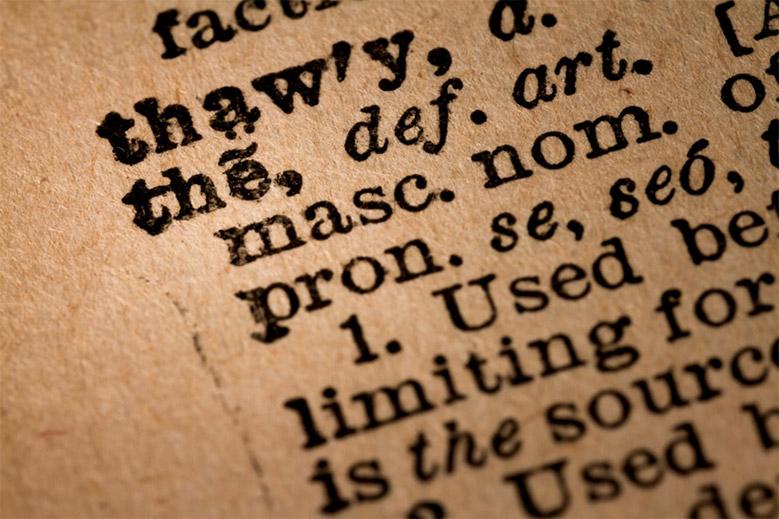May / might / could + have + past participle
We can use may/might/could + be + present participle and may/might/could + have + past participle, with a future time reference, to express our belief that something will happen in the future. Examples:
- Tom’s flight was cancelled, so he may / might / could be arriving later than we expected.
- The murderer may / might / could have left the city by the time we get to the crime scene.
May / might / could + have been + present participle
We can use may / might / could + have been + present participle to refer to situations or activities that were possibly happening at a particular time in the past.
- Do you think she might have been expecting visitors?
Would / will + have + past participle
We use would have + past participle to speak about an imaginary situation in the past.
- Witnesses would have seen them from the street below
If we want to express our belief that a past situation actually happened, we use will have + past participle
- If the thieves smashed a window to get in, people living in the vicinity will certainly have heard something
We can use would have been able to to speak about a possible ability in the past
- Do you think they would have been able to jump from the block across the road?
Should / Ought to + have + past participle
We can use should / ought to + have + past participle to refer to something that didn’t happen in the past, especially if we want to imply some sort of regret or criticism.
- Surely he is aware that he ought to have called the police as soon as he found the door open
- We should have been told about the birthday party well in advance.
Must / can’t / couldn’t + have + past participle
We use can’t have + past participle or couldn’t have + past participle when we want to draw a conclusion about a past event, saying that it was not possible
- One man alone couldn’t have carried all that equipment
On the other hand, if we want to draw a conclusion about something happening at a particular past time, saying that it was possible or certain, we can use must have been + present participle
- The guide must have been waiting at the airport
Must have (had) to
We can use must have to when we want to express a conclusion based on what we know about a present situation.
- He must have to know the password, too
We can use must have had to to conclude something about a past situation
- The robbers must have had to bring a van around to the front of the bank entrance
Must be + present participle
We can use must be + present participle to draw a conclusion about something happening more or less at the time of speaking. We can use must be + present participle or must be going to draw a conclusion about something which will possibly happen in the future.
- I’ll talk to the director of the museum later. She must be feeling quite distressed now.
- The policemen are talking to the bank manager at the moment. They must be going to arrest him.
Had better
We can use had better instead of should / ought to, especially in spoken English, to say that we think it is a good idea (or not) to do something in particular:
- We’d better find out all we can about our new colleague as soon as we can
- We’d better not go in until the forensic team has completed the analysis
We use should or ought to when we talk about the past or make general comments
- I should / ought to have phoned my parents earlier
People living around here should / ought to support the police officers more
Now try the following exercises:
For more English tips, take a look to the posts below ;)»Sigue aprendiendo inglés uniéndote a nuestra comunidad. Recibirás todas las semanas artículos de interés, lecciones, audios, ejercicios y mucho más 😉

